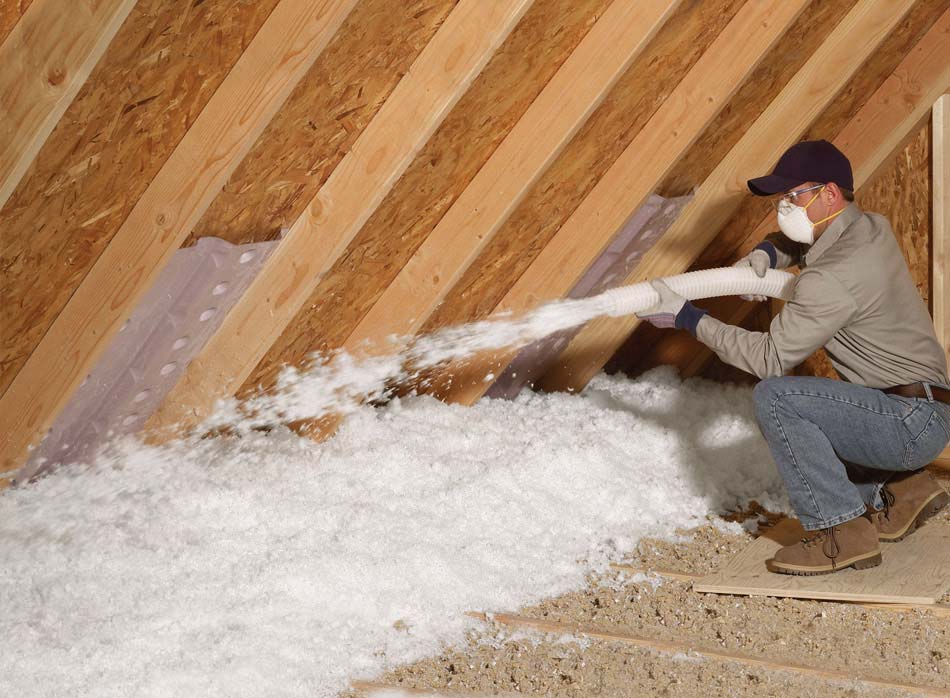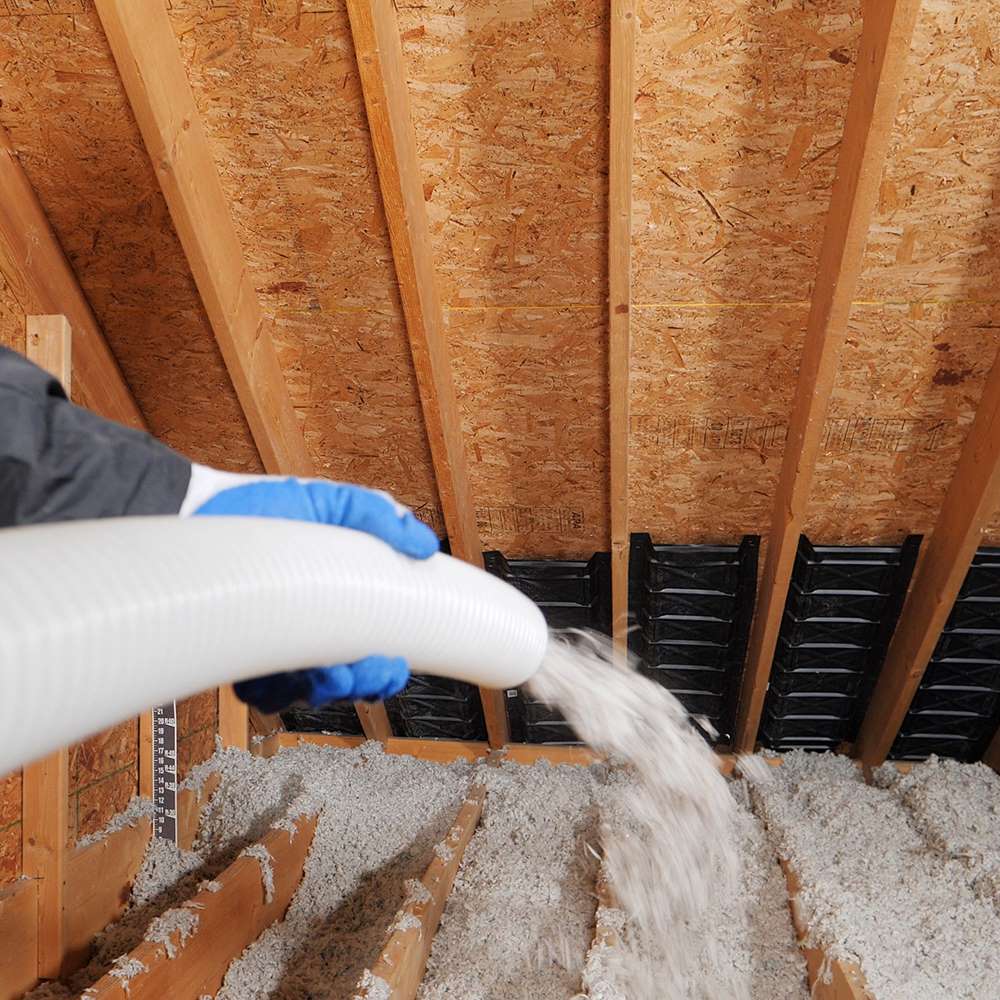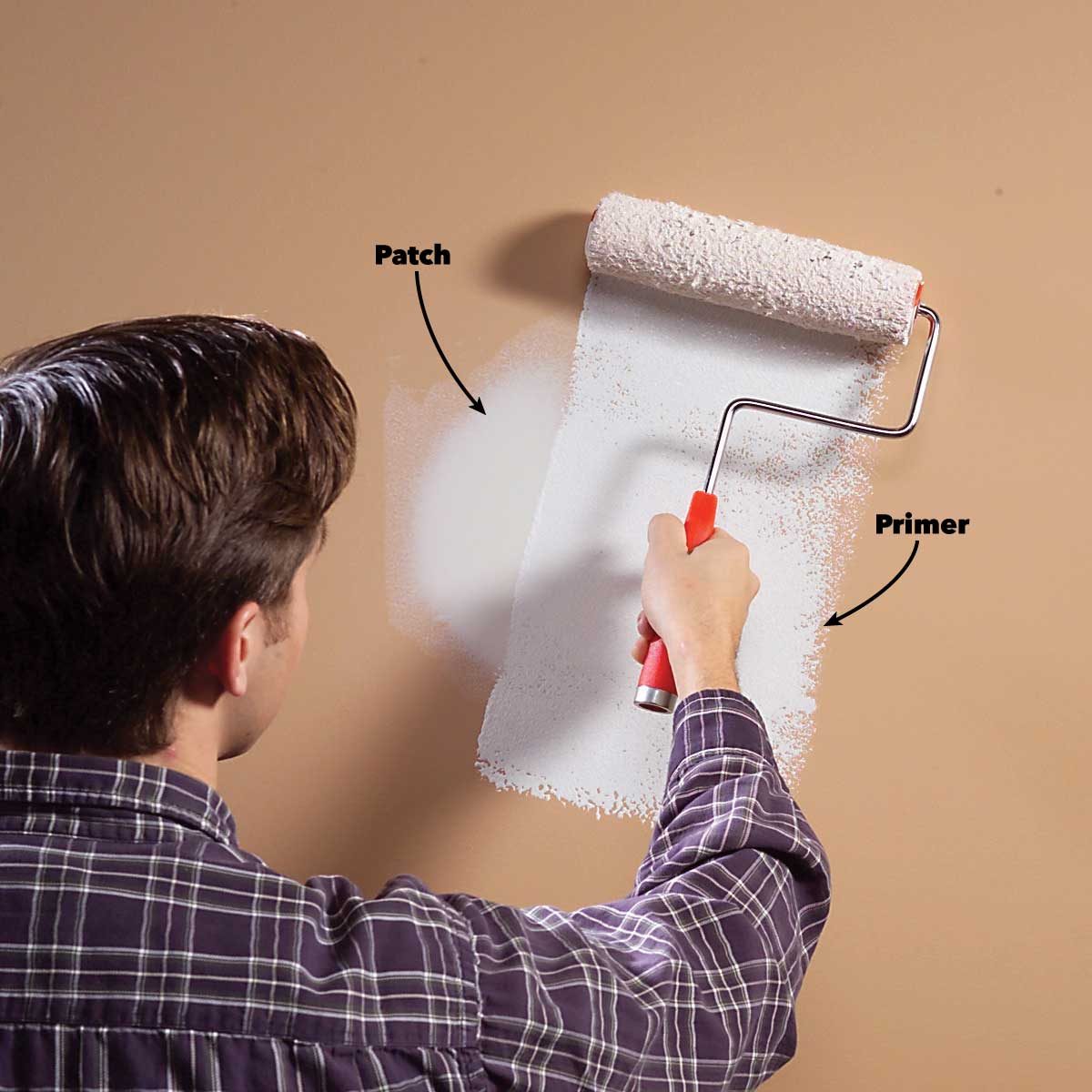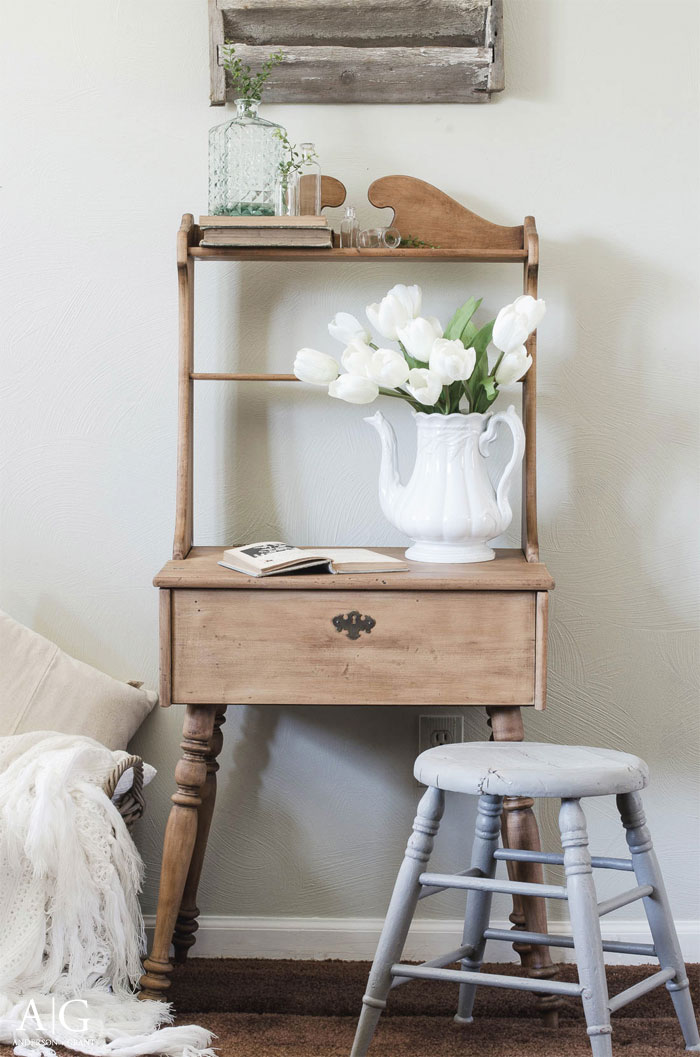
If you’re thinking of starting an insulation company, there are a few things you should know. The insulation business is growing rapidly as more and more homeowners and businesses are looking to improve their energy efficiency. Insulation companies can provide a great service by helping to improve the energy efficiency of homes and businesses, but there are a few things you should know before getting started.
The first thing to consider is the type of insulation you will offer. There are many different types of insulation on the market, and each has its own advantages and disadvantages. You’ll need to decide which type of insulation is best suited for your market and your climate.
Another important consideration is the equipment you’ll need to install the insulation. Insulation companies typically use specialised equipment to install their products, so you’ll need to make sure you have the right tools for the job.
What is blown in the insulation?

There are many types of insulation available on the market today. One type is called blown in insulation. This type of insulation is made from fibreglass, cellulose or rock wool. It is installed by a professional using a machine that blows the insulation into the desired area.
This type of insulation is often used in hard to reach places, such as attics and crawl spaces. It can also be used to insulate around electrical wiring and piping. Blown in insulation is an effective way to keep your home or office warm in the winter and cool in the summer.
If you are thinking about adding blown insulation to your home or office, spray foam insulation St Paul that provides this service. Some companies will even come to your home or office and give you a free estimate.
The benefits of blown in insulation
There are many benefits to having blown insulation in your home. Blown in insulation provides a better seal than traditional insulation, making it more effective at keeping your home warm in the winter and cool in the summer. Blown in insulation is also less likely to settle over time, so you won’t have to worry about gaps forming that can let heat escape.
Another benefit of blown insulation is that it can help reduce your energy bills. Because it provides a better seal, blown in insulation helps keep your home at a consistent temperature, which means your heating and cooling system won’t have to work as hard to maintain a comfortable environment. This can lead to significant savings on your energy bills over time.
Finally, blown-in insulation is made from recycled materials, so it’s an environmentally friendly choice for your home.
The types of companies that provide blown in insulation
There are many different types of companies that provide blown insulation. Get in touch these companies are small, local businesses, while others are large, national companies. There are also a variety of different types of products that these companies offer.
One type of company that provides blown in insulation is a home improvement store. These stores typically sell a variety of different brands and types of insulation. They may also offer installation services. Another type of company that provides this service is an HVAC contractor. These businesses typically install insulation as part of their larger HVAC services.
The process of blown in insulation
When it comes to insulating your home, you have a few different options. One option is known as blown-in insulation. This type of insulation is installed by a professional and involves blowing insulation material into your walls, ceilings, and other areas where you need it.
The process of blowing in insulation begins with the installation of an access hole. This hole provides the opening that will be used to blow the insulation material into your home. Once the access hole is in place, the insulation material is fed into a machine that blows it into your home.
The amount of insulation material that is used will depend on the size of your home and the area that needs to be insulated. Once the desired amount of insulation has been added, the access hole is sealed up and the job is complete.
The cost of blown in insulation
The cost of blown-in insulation can vary depending on the type of insulation you choose and the company you choose to install it. Some types of insulation, such as fibreglass, are less expensive than others, such as cellulose. The size of your home will also affect the cost, as larger homes will require more material and labour to insulate.
You can expect to pay anywhere from $1,000 to $3,000 for blown-in insulation, with the average cost falling somewhere in the middle of that range. For comparison, traditional batt insulation costs an average of $2,700 to install. So while blown-in insulation may cost a bit more upfront, it could save you money in the long run by providing better energy efficiency.
Conclusion
There are many benefits to having blown insulation in your home. It can save you money on your energy bill, it can keep your home more comfortable, and it can even help to improve the air quality in your home. There are a few different companies that provide blown in insulation, and they all have their own advantages and disadvantages. You will need to decide which company is right for you based on your needs and budget.




